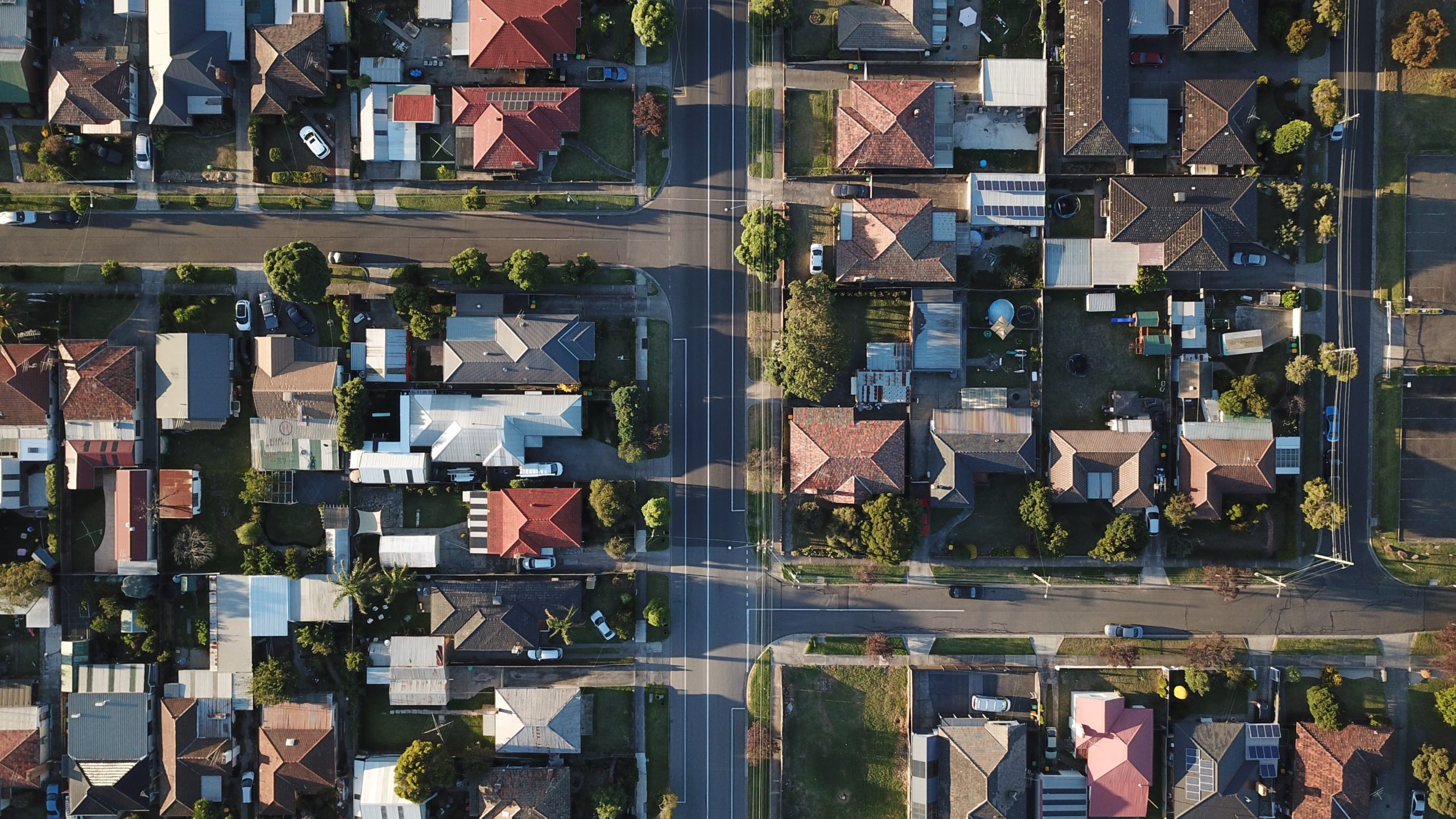Post by: Kelsey McGee
Hello! My name is Kelsey McGee and I am a second-year law student and Regent University School of Law. I have been researching Indian Supreme Court and High Court cases on adequate housing as a basic human right for Justice Ventures International (JVI). JVI fights all human rights injustices in India, primarily human trafficking and extreme poverty.
One of the many realizations I have had while researching the provisions guaranteed to all Indian citizens—whether poor or wealthy—is how different my life would be if I were poor, living in a street dwelling, and relying on a judge to make me whole. The Indian Constitution guarantees the right to adequate housing, but in an existence that recognizes the dignity of a human equality and dignity. This requires something in excess of a mere “animal existence” but the opportunity for an individual who lives in a manner that expresses the ultimate right to life.
The privilege one is born into cannot be taken for granted. I have never been the subject of a forced eviction or had to file a lawsuit to stop my landlord from shutting off the power to my “jhuggi” (informal settlement comprised of makeshift houses).
What if a natural disaster destroyed my home? And the state was not fulfilling its duty to provide an adequate replacement? With no resources and a member of a low socio-economic class, my only option would be to file a lawsuit. Entire populations are at the mercy of the courts because of the sheer fact of being homeless.
Many in India—particularly low socio-economic classes—have been protected from unjust action by private and state agencies by the Constitution and regulatory agency policy. This reality highlights the importance of creating and enforcing public policy that actually serves those whom it is intended to protect. In order to create effective public policy, a law maker has to know the community and what is in the best interest of that community. Good lawmakers and policy makers need to know their community. That means getting involved. Anyone can advocate for good policy in their community.
“Learn to do what is right! Promote justice! Give the oppressed reason to celebrate! Take up the cause of the orphan! Defend the rights of the widow!”
-Isaiah 1:17
This simple yet profound call to stand up and advocate for those around us lies within these words. As law students and lawyers, we have a duty to care for those who don’t have a voice, whose only option is to vindicate rights through the court system. It’s a wonderful calling.
This post was written by a Center for Global Justice Student Staff member. The views expressed in this post do not necessarily reflect those of Regent University, Regent Law School, or the Center for Global Justice.

